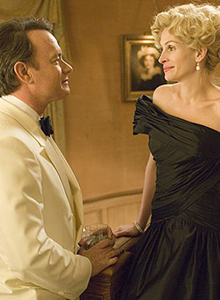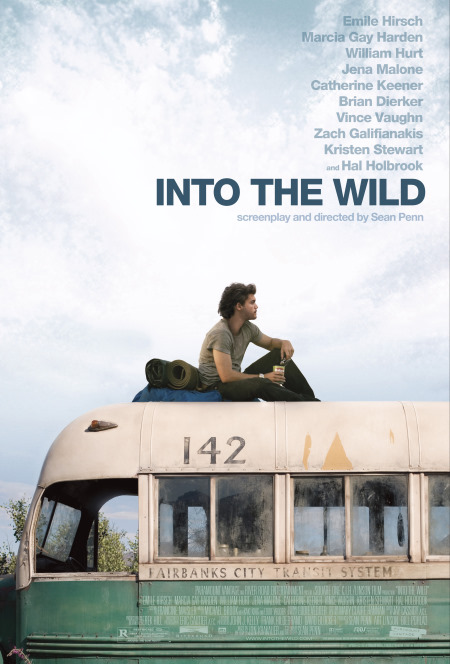Cadillac Records
Posted on December 4, 2008 at 5:00 pm
B+| Lowest Recommended Age: | Mature High Schooler |
| MPAA Rating: | Rated R for pervasive language and some sexuality |
| Profanity: | Very strong language including crude sexual references and racist epithets |
| Alcohol/ Drugs: | Drinking, smoking, drug use |
| Violence/ Scariness: | Guns, brutal beating, drug overdose |
| Diversity Issues: | A theme of the movie |
| Date Released to Theaters: | December 5, 2008 |
In the words of Etta James, at last.
At last, albeit imperfectly, the extraordinary story of the rise and fall of Chess Records has been given the loving attention it deserves. Magnificent performances and soul-shaking music make up for some narrative stumbles and dubious fictions in this, the higher profile of two films this year about the legendary Chicago record label.
Adrian Brody plays Leonard Chess, a Jewish immigrant who was one of the first to record and market the work of black artists in the 1950s, when it was still called “race music.” With talent like Mississippi Delta blues player Muddy Waters, harmonica virtuoso Little Walter, powerhouse vocalist Howlin’ Wolf, the silky soul chanteuse Etta James, and proto-rocker Chuck Berry, Chess recordings established the foundation for “race music” to become blues, then rhythm and blues, and then rock and roll.
That is a lot to get through in one movie, and if at times it descends into VH1 “Behind the Music”-isms, muddled chronology (the Rolling Stones show up before the early Elvis), and distortions of fact, it is understandable. The movie touches on some of the difficult issues of race and gender without much depth, as when the performers, limited by lack of education and the bigotry of the day, begin to resent the paternalism — and sloppy bookkeeping — of Chess. Generations of oppression and naivete about business make them suspicious that he is keeping too much of their money. And dramatically it falls victim to what I call the “and then” syndrome, piling events on top of each other without a strong narrative arc.
Jeffrey Wright as Muddy Waters, Gabrielle Union as his significant other Geneva, and Mos Def as Berry are outstanding as always; they are among the finest actors and most mesmerizing performers in Hollywood. Columbus Short, an appealing presence in “Stomp the Yard” and “This Christmas” is a revelation as Little Walter. And Beyonce Knowles (who also produced) gives James a gritty authenticity this glossy pop star has not reached before. What matters here is the characters and the music and in both categories the performances really deliver.


 It is not easy to take a wealthy socialite, a powerful Congressman, and a CIA agent, have them played by three Oscar-winners, two who are genuine box office gold, and make them look like the underdogs, but in this “extraordinary story of how the wildest man in Congress and a rogue CIA agent changed the history of our times” (as put in the unusually accurate book subtitle), that is what they are.
It is not easy to take a wealthy socialite, a powerful Congressman, and a CIA agent, have them played by three Oscar-winners, two who are genuine box office gold, and make them look like the underdogs, but in this “extraordinary story of how the wildest man in Congress and a rogue CIA agent changed the history of our times” (as put in the unusually accurate book subtitle), that is what they are.